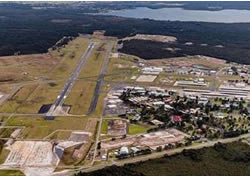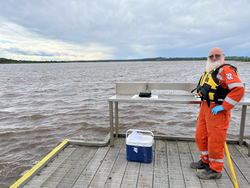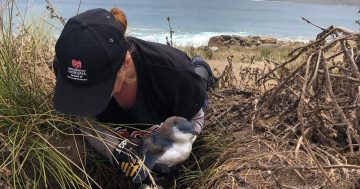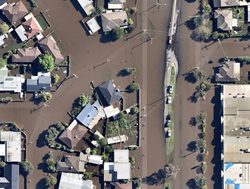 Environmental academics from four universities have called for a Commonwealth Environmental Protection Agency (CEPA) to be established to strengthen the regulation of environmental contaminants and protect the community from the dangers of new ones.
Environmental academics from four universities have called for a Commonwealth Environmental Protection Agency (CEPA) to be established to strengthen the regulation of environmental contaminants and protect the community from the dangers of new ones.
Associate Professor Robert Niven from the University of NSW (UNSW) Canberra said that current arrangements for the regulation of environmental contaminants on Commonwealth land were inadequate, and had unnecessarily allowed actual harm to both humans and ecosystems, as well as the further alienation of previously uncontaminated land.
“Australian communities and ecosystems impacted by environmental contaminants deserve a much stronger and more effective response from the Commonwealth than at present,” Professor Niven said.
The researchers from UNSW Canberra, UNSW, Macquarie University and the University of Western Sydney cited three case studies of environmental contamination they said demonstrated the deficiencies in the current system.
The three sites, RAAF Williamtown (pictured), Wreck Bay in the Jervis Bay Territory, and Sydney Airport were all contaminated, showing high concentrations of fluorinated chemicals, which included per- and poly-fluoroalkyl substances (PFAS).
Professor Stuart Khan, of UNSW said a CEPA would provide a nationally consistent, whole-of-Government body for decisions on contamination by PFASs and other substances, across the entire Commonwealth jurisdiction.
“PFASs are now recognised as global contaminants of high concern due to their high persistence, evidence of toxicity, and ubiquitous use by humans,” Professor Khan said.
“For the most common PFASs there is evidence of health risks to the liver, kidneys and immune system.”
He said RAAF Base Williamtown in NSW remained the most prominent Australian case study of the impacts of PFAS contamination on humans and ecosystems, where seven on-site PFAS source areas associated with fire stations and training areas, landfills, waste and sewage treatment plants, had been identified.
The academics called for the properly empowered Agency to have the responsibility to identify and redress the impacts of newly emerging contaminants.











